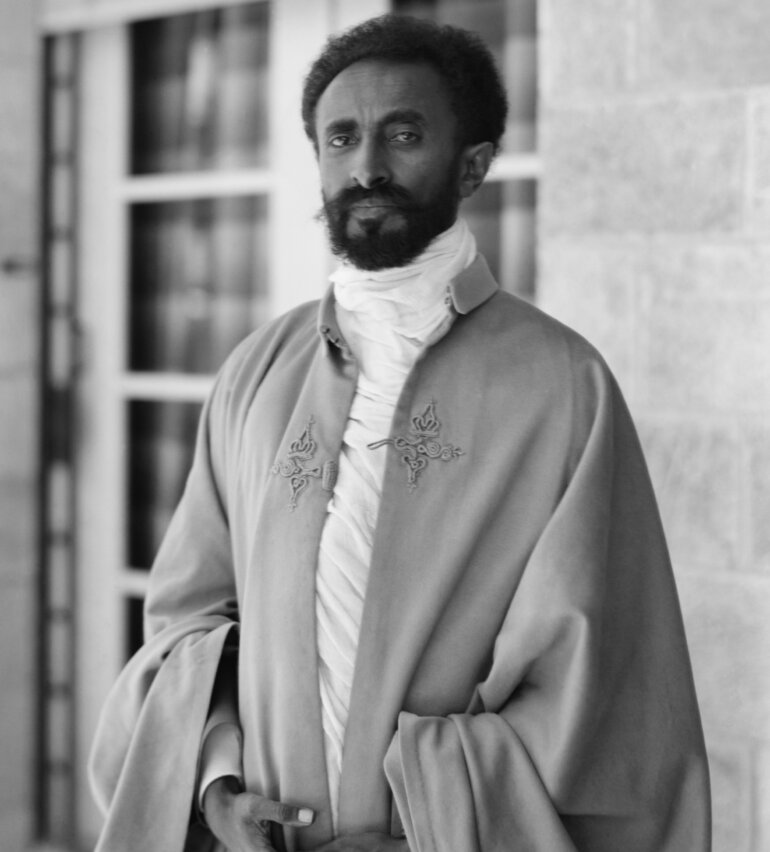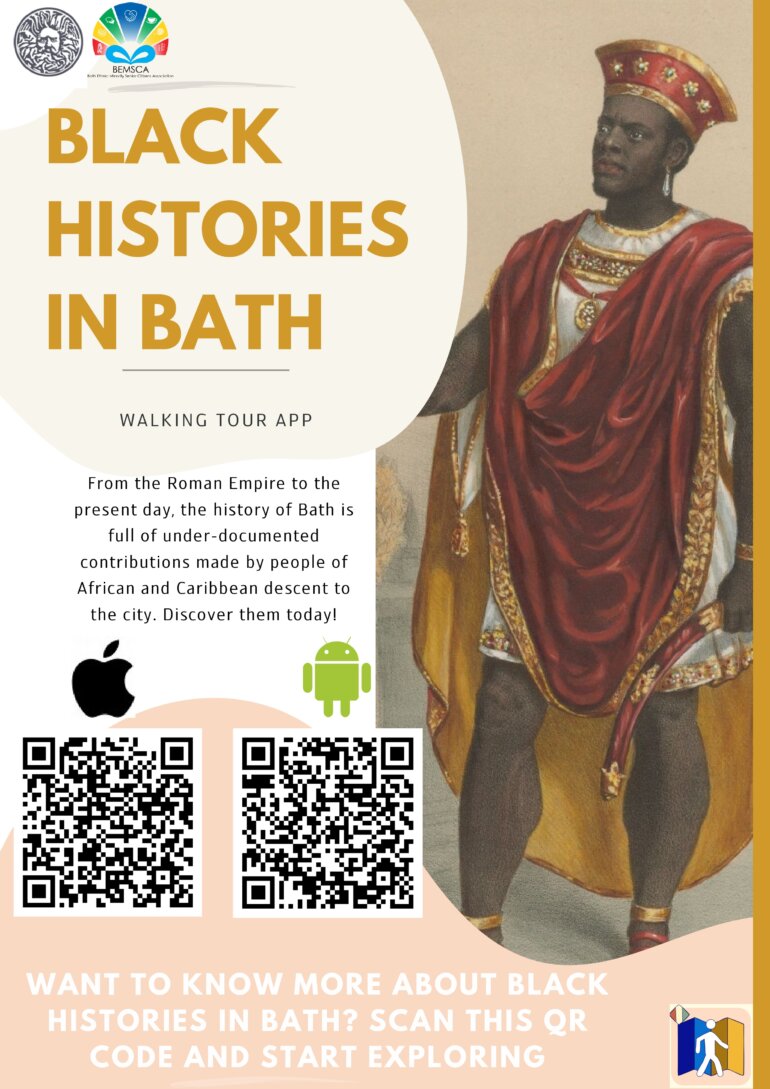Black Histories in Bath – a new walking tour app!
By Anissa Jatta, Ben Radley, George Gumisiriza and Naomi Pendle
Around twelve months ago, a group of us from the Centre for Development Studies (University of Bath) began working with Fairfield House Bath and the Bath Ethnic Minority Senior Citizens Association (BEMSCA) to develop an historical walking tour that celebrates the wide-ranging but under documented contributions made by Africans, Caribbeans and people of African and Caribbean descent to the City of Bath.
Fairfield House was donated to the elders of ethnic minorities in the City of Bath by the Ethiopian Emperor Haile Selassie, following his time spent living in the city from 1936 to 1941 during the Italian occupation of Ethiopia (his time in Bath is discussed in more detail on the tour). Fairfield House’s vision is to promote a positive image of Black history and heritage in the city and across the UK; an especially critical undertaking given the current political climate in the UK. and This has included the recent development of the Bath Windrush Centre, which can be found at the House. BEMSCA is the heartbeat of the Fairfield House Community, formed in 1993 to provide community and support for older members of the Caribbean and Asian communities within Bath and Northeast Somerset.

Through conversations with Fairfield House and BEMSCA, there was a general desire to do something to celebrate Black history in the City of Bath in a way that pushes back against and moves beyond the common focus on and negative associations with colonialism and slavery. While work on this less comfortable history provides an important critique to Bath’s colonial past, it can also perpetuate a narrative of Black victimhood that fails to record the positive contributions to Bath’s history by people from diverse contexts and backgrounds.
It was out of these conversations that the idea for an historical walking tour was born, that could be digitised and downloadable to mobile phones on a public and freely available app. First though, we needed some funding. Here, we are grateful for the financial support provided by the Participate Grants scheme at the University of Bath which brought the project to life and without which the work couldn’t have been done. Another crucial step to making the work possible was the (often voluntary) contribution of students from the University of Bath (namely Anissa Jatta) and from the University of Bristol to help with the technical aspects of the app development. A special thanks here to Daniel Sekiwano, Moksh Patel, Penghe Huang and Yuxiao Liu.
With funding secured, we worked with Fairfield House and BEMSCA to co-create the tour, which takes in ten stops across the city, spanning from the early days of the Roman Empire through the Windrush generation of post-war Britain and beyond. From ‘the Syrian man’ of Roman times and well-known Black figures who attended and shaped the social functions at the Assembly Rooms in the eighteenth century, to the Rainbow Steel Band and Black community centres and pubs of the twentieth century, the tour is full of stories – including many generously shared by members of BEMSCA – that expand and deepen our understanding of the multiple and varied ways in which, across time, people of African and Caribbean descent have contributed to the social, economic, political, and cultural milieu that make up the city. The tour offers a clear guide to see the physical and social change of space and place in Bath over the centuries and more recent decades. BEMSCA members were keen to narrate ‘what used to be’ and ‘what has become’.
If you’re coming to the DSA Conference 2025 at the University of Bath, the tour will be available to download to your Apple or Android phone using a QR code that will be advertised on posters around the conference. Once on your phone, you can then do the tour at your own leisure, either on your own or with friends and colleagues. A short version and a longer version are available, or you can just pick out and head to the stops that interest you the most. Whichever you choose, we hope you manage to find time to take in these less well-known stories from Bath’s history during your stay in the city.

